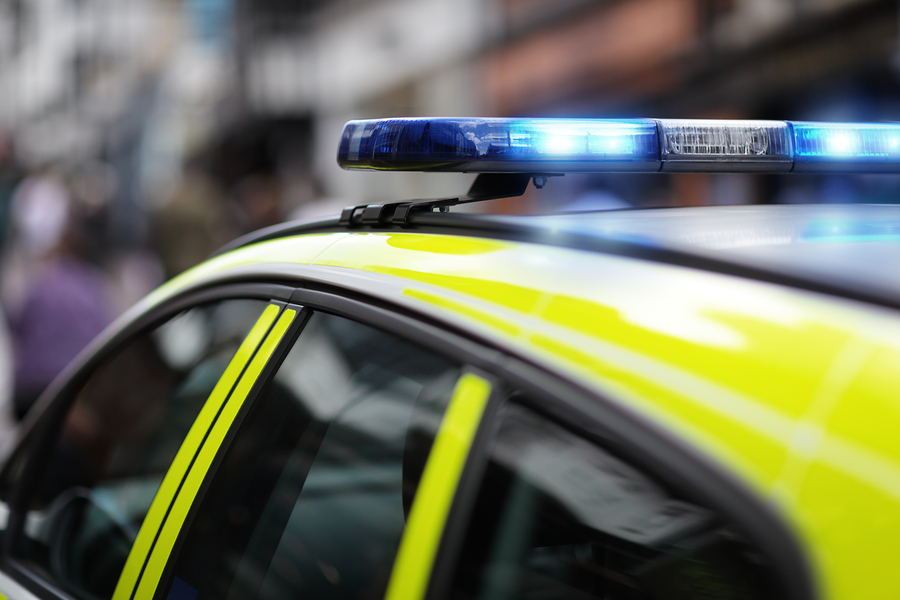Accident Etiquette: what to do if you’re involved in a crash
We all hope never to be involved in a collision, but if the worst does happen it’s important to be prepared so you know what to do in a moment you’re likely shaken and anxious.
If you’re in an accident or witness one it’s an offence to either fail to stop at the scene or repair to report it if you’re involved. Here’s what to do to avoid breaking the law.
Stop
Whether major or minor, by law you must stop if you’re involved in an accident with another driver and remain at the scene for a reasonable time. Turn off the engine and put your hazard lights on to alert other traffic
Stay calm
The moments just after a car accident can be anywhere from bewildering to scary. Do your best to stay calm and not to react to the other cars involved in anger. If you are at fault you may be nervous about the reaction of the other driver – keep a clear head and be open, approachable and honest.
Check for injury
Safety is your top priority in the moments after the crash. Check for any injuries on yourself or anyone else in the car with you. If it is safe to do so, check any other cars involved to see if anyone is hurt and needs immediate assistance.
Call for help
If anyone has been injured or the accident is serious you should call 999 to report an emergency. If no one is seriously injured but the accident is blocking the road, phone 101 to contact the police non-emergency line for help. If the accident was minor but your car has sustained some damage, roadside assistance will likely be your first port of call.
Be empathetic
Whether major or minor, an accident is a stressful time for all involved. Try your best to be empathetic to strangers – no one intends to be in a car accident, and if they are at fault there is no need to berate them for what they’ve done wrong. Be straightforward and avoid finger-pointing or angry words – simply exchange information, get the details you need and wait for help to arrive.
Exchange details
Regardless of who is at fault, you need to exchange details at the scene with any other drivers, passengers and witnesses. Get the names, addresses and contact numbers of each, and if possible the insurance details of the driver plus registration number. If the driver is not the registered keeper of the vehicle, get the name and address of the person who is. If someone leaves the scene without giving their details, call the police to report a hit-and-run.
Collect information
Other information will be useful to you when you are reporting the accident to the police or to an insurance provider. Use a notebook or your smartphone to take note of the colour, make and model of any other cars involved along with their registration number. Take note of the date and time of the crash and any other details that might be of note – like the weather conditions or anything unusual about the road quality or a change in lighting. Take note of the damage to your vehicle and to the other cars involved – it’s also a good idea to take pictures if you can.
Report the accident
After the accident, you need to report the incident to police within 24 hours and your insurer as soon as you’re able to do so. Waiting too long to report an accident to your insurer may invalidate your claim. When you get home, check your policy details or phone your insurer – they should be able to walk you through the claims process.
Disclaimer
The contents of this article are for reference purposes only and do not constitute financial or legal advice. Independent financial or legal advice should be sought in relation to any specific matter. Articles are published by us without any knowledge or notice of the circumstances in which you or anyone else may use or rely on articles or any copy of the information, guidance or documents obtained from articles. We operate and publish articles without undertaking or accepting any duty of care or responsibility for articles or their contents, services or facilities. You undertake to rely on them entirely at your own risk, and without recourse to us. No assurance of the quality of articles is given or undertaken (whether as to accuracy, completeness, fitness for any purpose, conformance to any description or sample, or otherwise), or as to the timeliness of the publication.





















